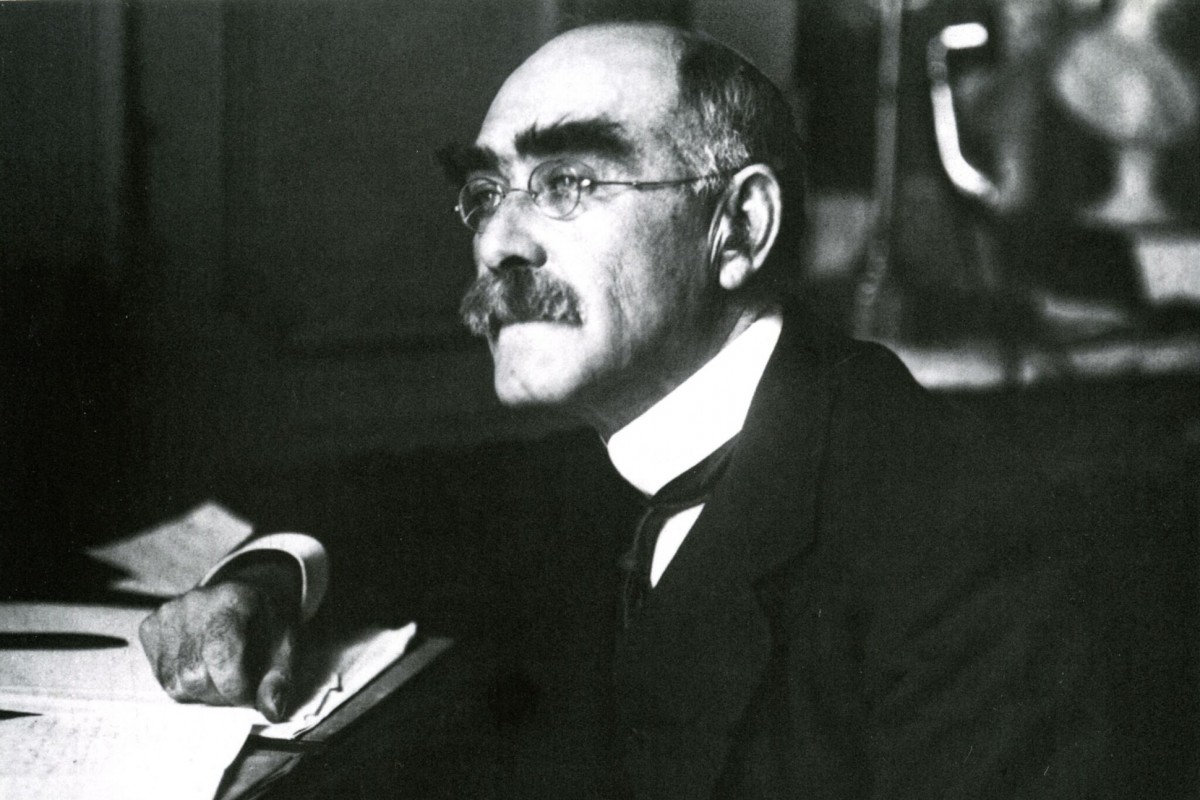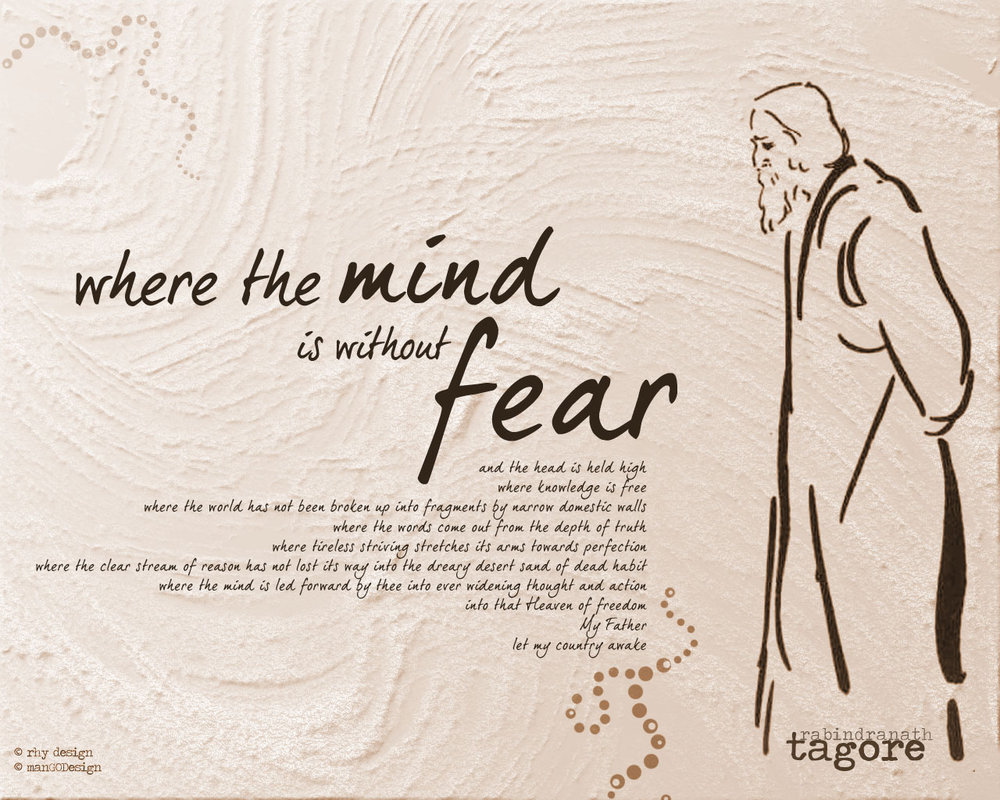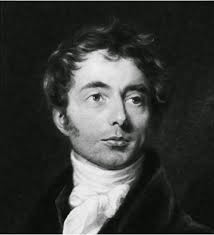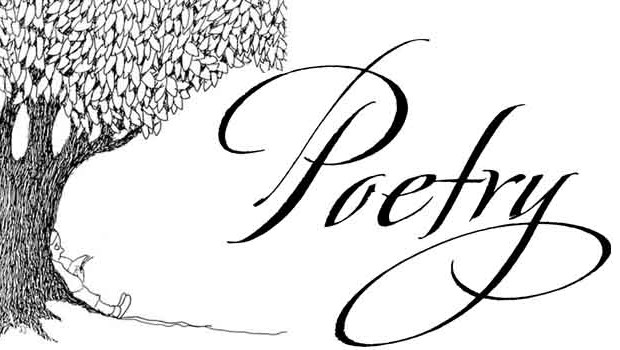If Central Idea
Life only has meaning when it has been lived meaningfully, and our identity as human beings can only be ratified in the real sense of the term if we live virtuously by following a set of high moral codes and conduct. Rudyard Kipling’s If is a blueprint for all those qualities and virtues which we must inculcate within us to be able to call ourselves complete human beings and also in order to attain true success in life. In the course of the thirty-two lines of the poem, Kipling advocates the virtues of composure, patience, integrity, modesty, control, perseverance, tolerance, determination, and confidence – for a few to cite. This poem is the like a rule book to perfect the art of living and being human.
If Theme:
The overarching theme of the poem If is successful, virtuous living based on values pertaining to integrity, rightful behavior, and self-development. The poem speaks to each and every reader on what it means to become a complete man and how he operates through the thick and thins of life. The various values and codes of conduct imparted through the poem form the different sub-themes of the poem, which are as follows:
Rightful Behavior:
Most of what this poem advocates deals with rightful behavior, such as keeping a calm head and maintaining composure during times of crisis instead of indulging in blame games. The poet also adds that we must not deal with lies or brew hatred in our hearts, even if those around us are doing the same. Upon achieving success or failure, the poet advocates the rightful stance of not letting any of these promotions or setbacks influence us. Instead, we must understand the temporary nature of the ups and downs in life and go about our business in a steadfast, unaffected fashion.
Modesty:
Modesty is one theme that shines out in the poem. The poet asks us to never get too self-righteous even if we have the best set of virtues and abide by strict moral codes: And yet don’t look too good, nor talk too wise. Money often comes in a suit with arrogance. The poet urges his readers to practice modesty upon getting successful in life to fit seamlessly with the kings and the common masses.
Balance:
Maintaining balance and control in all aspects of life is an important theme that the poem forwards. The poet asks us to give our maximum effort to our goals in life but at the same time asks us not to make our ambition and dreams our be-all and end-all. He asks us to have faith in our belief system but not so much that we become immune to the valuable opinions of others.
Patience:
There is also the theme of patience in the poem. The poet asks us to patiently wait for our efforts to reach fruition because all good things take time to materialize.
Self-belief:
Belief in the self is another sub-theme in the poem. The poet asks us not to lose faith in our beliefs and convictions even if the ones around us begin to lose hope in us.
Risk-Taking:
The poem often showcases life as a gamble in which all our achievements might get washed away. The poet wants us to be willing to take that risk in life as it will bring us closer to our final goals in life.
Persistence:
The ‘never-give-up outlook towards life is one major theme of the poem. The poet asks us to keep striving towards our goals against all odds, even if it involves putting all of our life’s achievements at stake. Even if we lose all we have while trying to get ahead in life, we must not back down but muster enough willpower and determination to start again from scratch.
Time Management:
The unforgiving nature of Time comes out in the last stanza of the poem. The poet stresses that Time, when lost, never comes back, so one must give every second of our waking minutes all we have to make the most of it.
If Form and Structure
The structure of the poem If is taut, neat, and symmetrical. It has been divided into four identical stanzas of eight lines each. Hence, the poem has thirty-two lines in total.
The meter of the stanzas is iambic pentameter, which means each line can be divided into five feet with one unstressed and stressed syllable each in that order. This gives the form of the poem a sense of cohesion and order, which is very much in keeping with the central idea of the poem, which advocates an ordered and controlled lifestyle. Iambic Pentameter invests an ambiance of control and order in any poem.
Rhyme Scheme:
The 1st stanza of the poem follows the rhyming pattern of AAAABCBC. The 2nd, 3rd, and 4th stanzas follow the rhyming pattern of ABABCDCD.
If Tone:
Kipling has assumed a didactic tone throughout the poem If, which is in keeping with the moral life lessons he imparts through the poem. Usually, poems with a constant didactic strain run the risk of sounding too preachy. This is not the case with If since Kipling, by virtue of his brilliant poetic craftsmanship, has managed to make his moralizing not only deeply motivating but also very poignant. There are occasions in the poem when his tone becomes quite lofty in lines, such as
“If you can dream – and not make dreams your master,/If you can think – and not make thoughts your aim;/If you can meet with Triumph and Disaster/And treat those two impostors just the same.
Then there are the lines when the poem’s tone is infused with sincere urgency, which is ever so motivating- “If you can force your heart and nerve and sinew.”
“To serve your turn long after they are gone,/And so hold on when there is nothing in you/
Except the Will which says to them: “Hold on!”. There is also a hint of fatherly poignancy in the poet’s tone when he ends the poem saying – If you can fill the unforgiving minute/
With sixty seconds’ worth of distance run,/ Yours is the Earth and everything that’s in it,/
And – which is more – you’ll be a Man, my son!”
Hence, overall, the poem’s tone is suited to the gravity of the themes that come to the fore through the poem.
Conclusion:
If by Rudyard Kipling is one of the most fervent pieces on what it means to lead a life that has been made meaningful through the right virtues and values. This poem consists of just thirty-two lines, but within its purview, it encompasses some of the most integral life lessons that can be used during the good and the bad times we go through in life. Some of the virtues and qualities forwarded in the poem might seem lofty and even impossible to attain, but there is no denying that they are the crux of what humanity can offer best. In short, this poem paints a wonderful and inspiring picture of how an ideal man leads an ideal life! The poem is recommended from reader to reader and passed from generation to generation because of its capacity to move the readers’ hearts and inspire them.
Updated by Anjali Roongta on 18th April 2023
Some online learning platforms provide certifications, while others are designed to simply grow your skills in your personal and professional life. Including Masterclass and Coursera, here are our recommendations for the best online learning platforms you can sign up for today.
The 7 Best Online Learning Platforms of 2022
- Best Overall: Coursera
- Best for Niche Topics: Udemy
- Best for Creative Fields: Skillshare
- Best for Celebrity Lessons: MasterClass
- Best for STEM: EdX
- Best for Career Building: Udacity
- Best for Data Learning: Pluralsight














